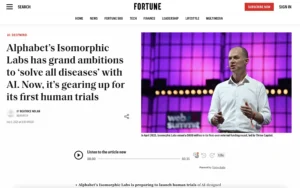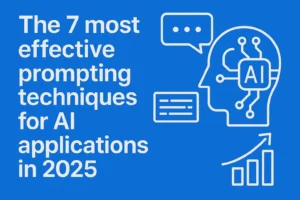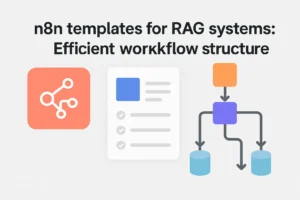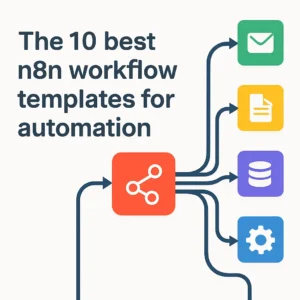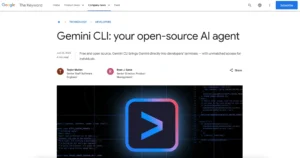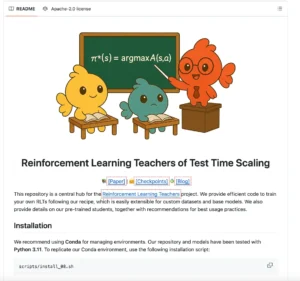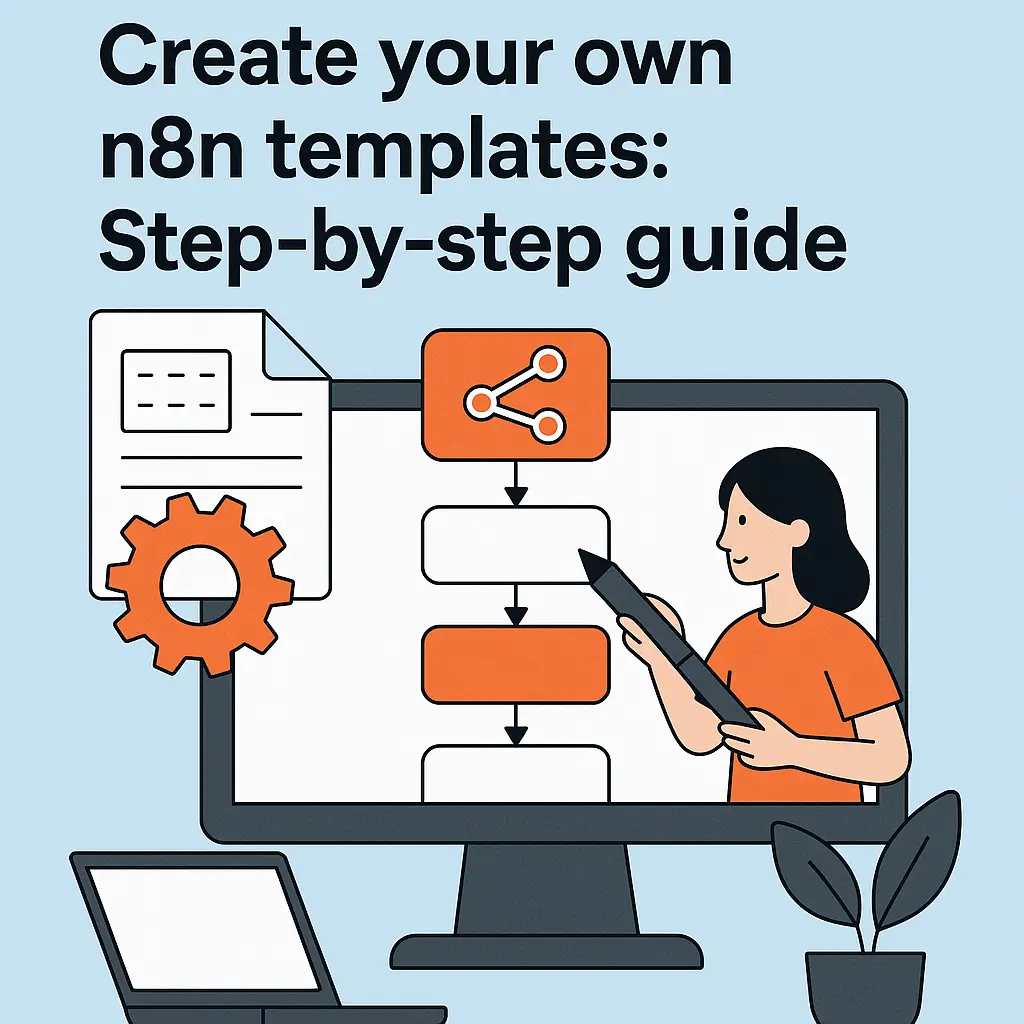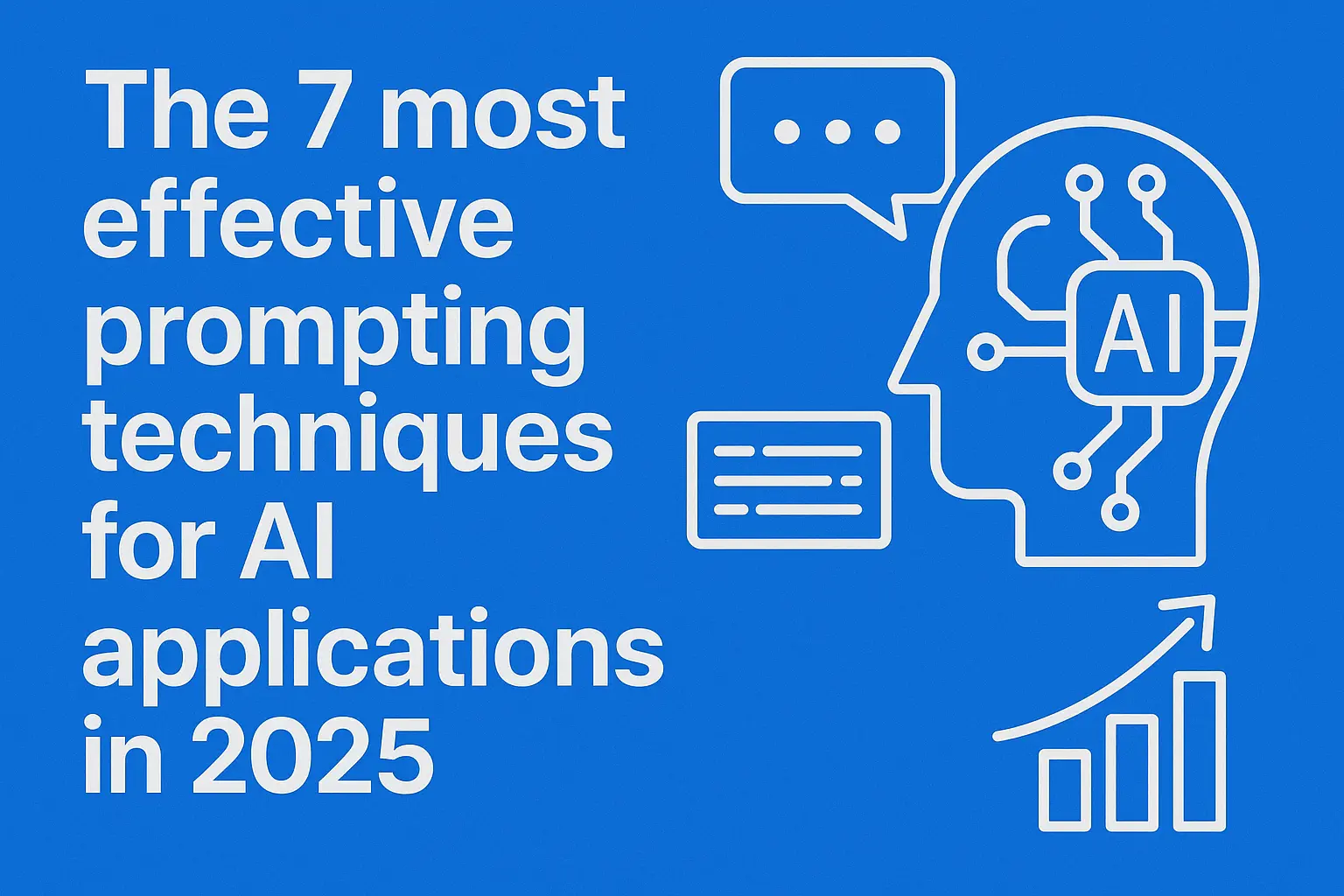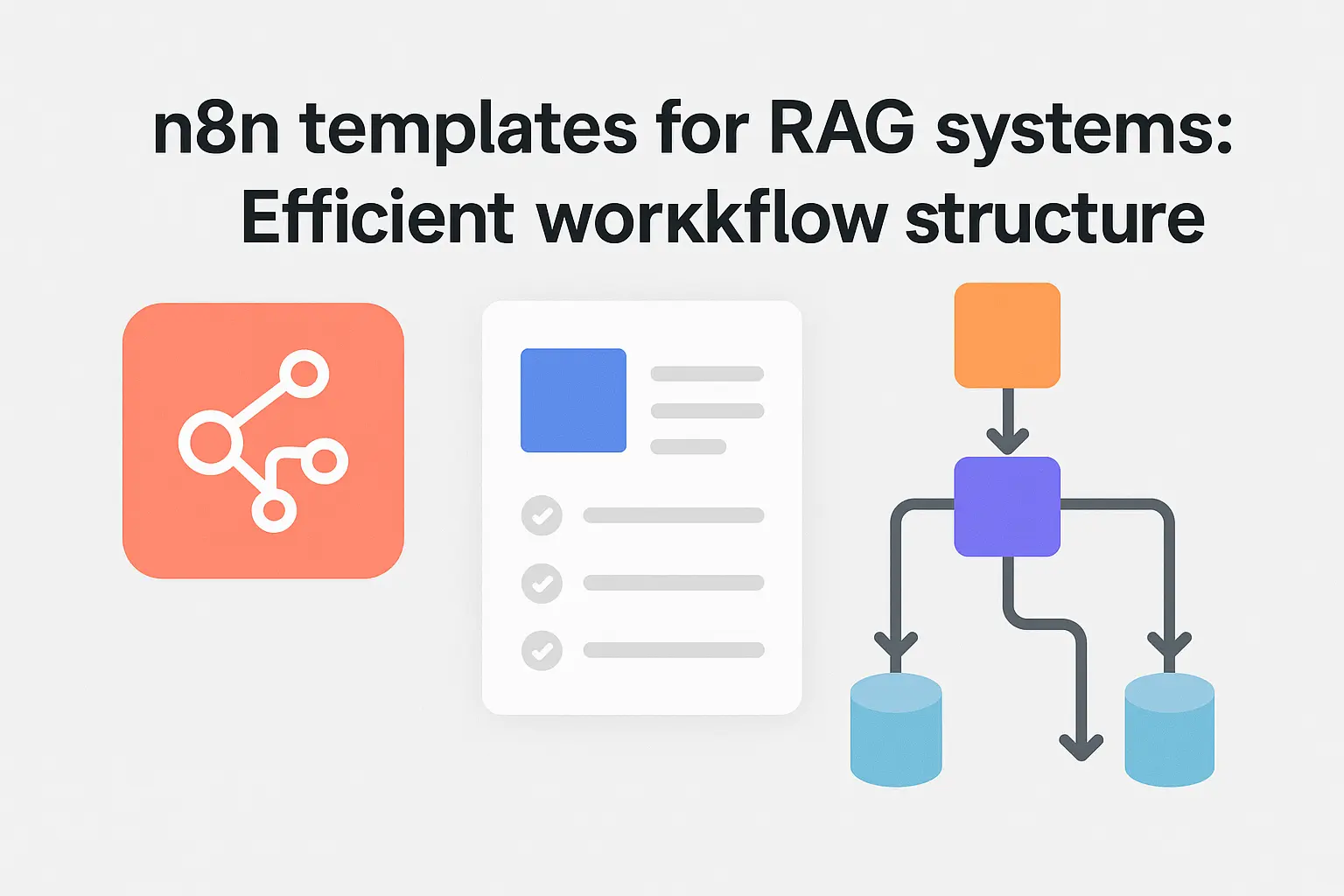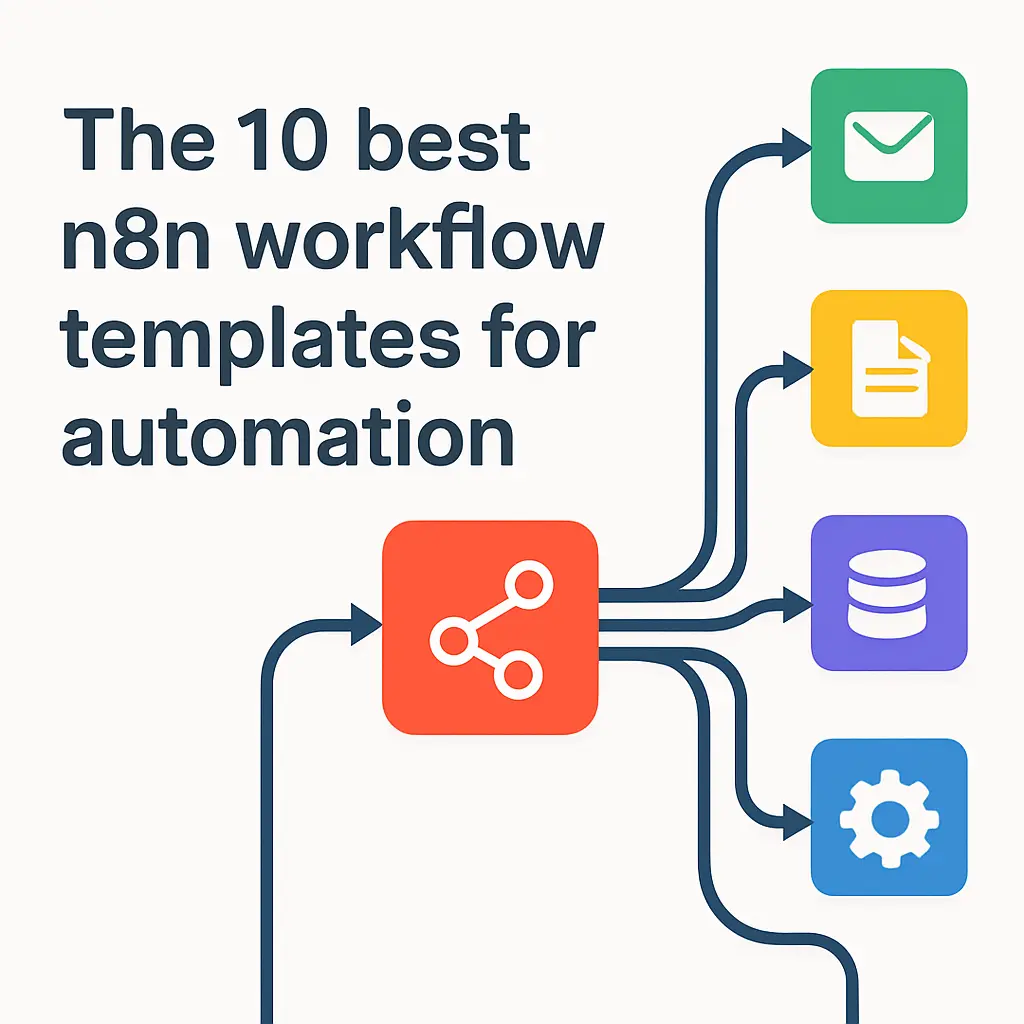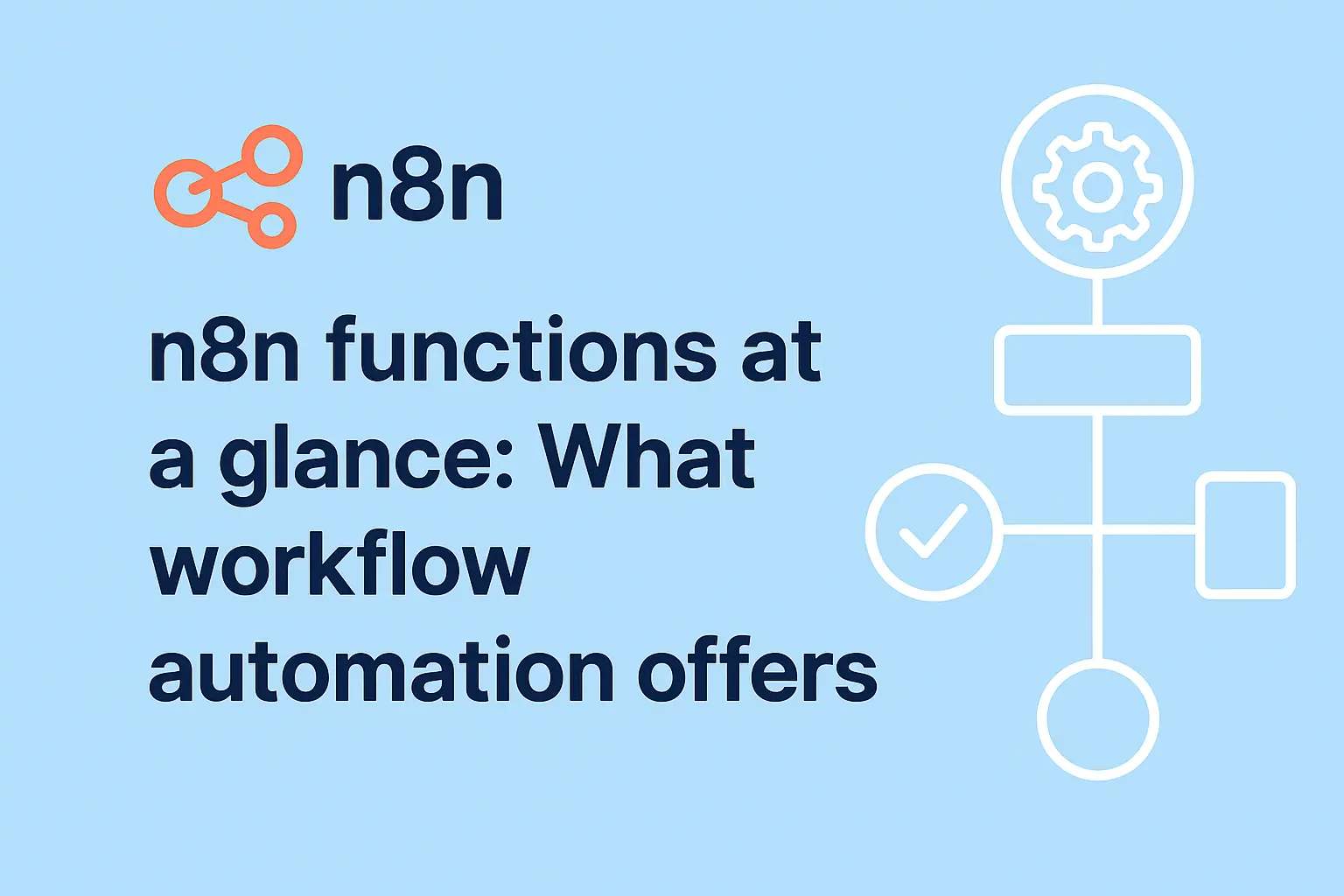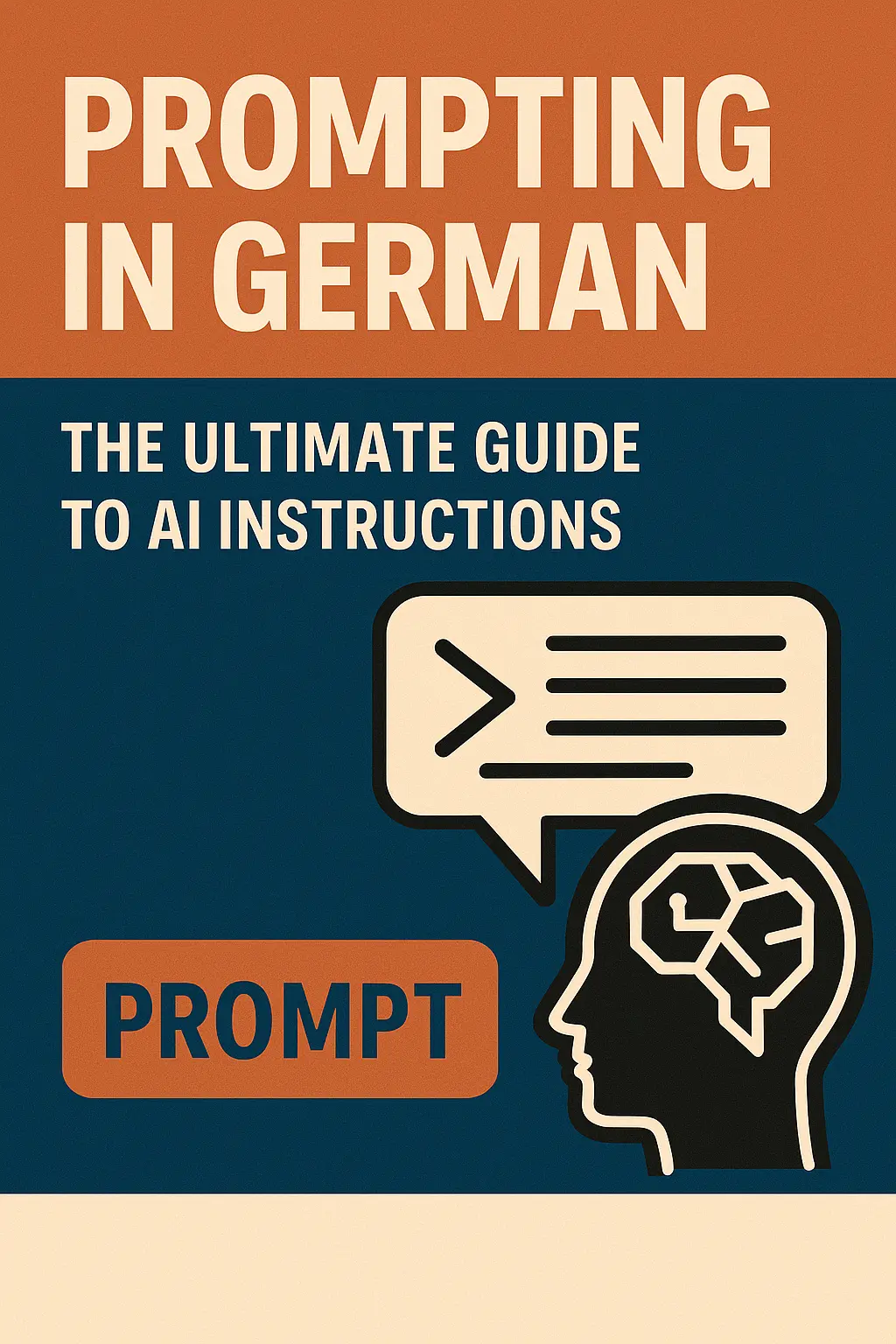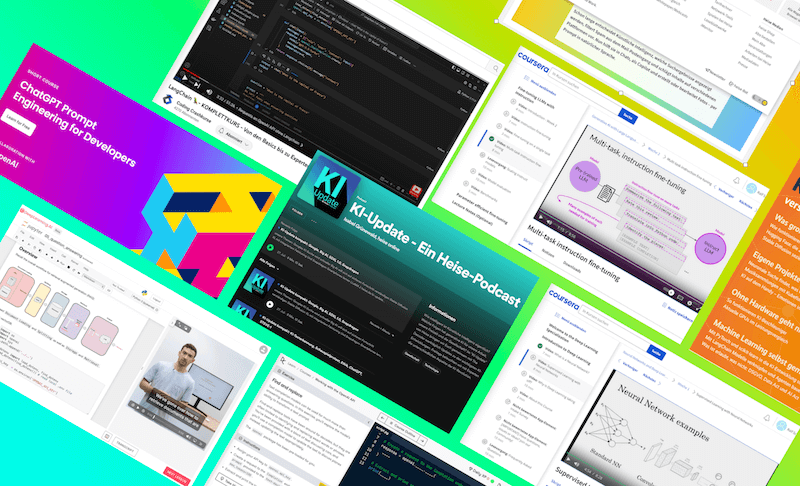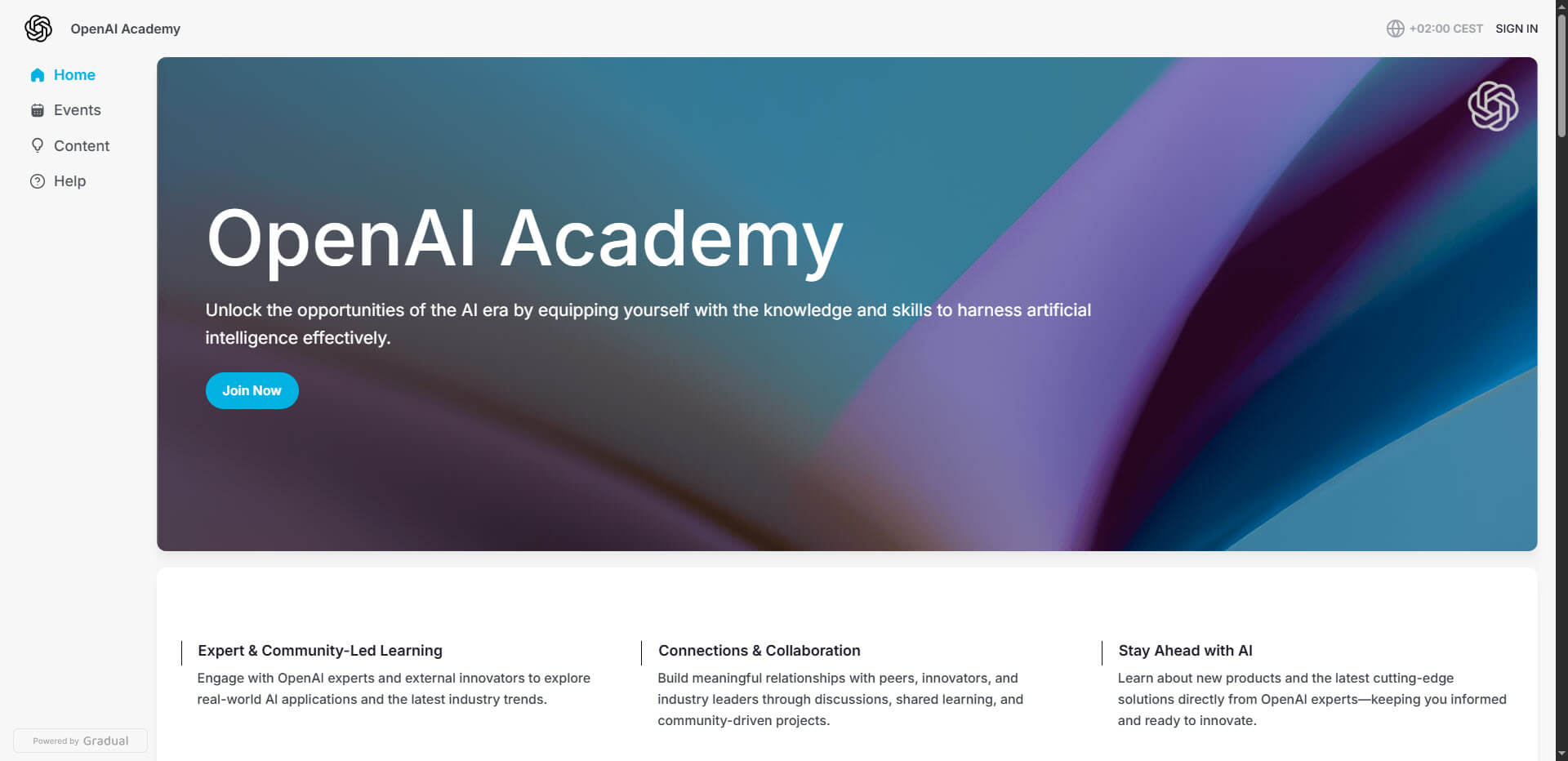AI Rockstars – Magazine for AI use in work & life
AI blog about generative AI, chatbots, business innovations, people and the environment


Welcome to AI Rockstars – In our AI blog Florian Schröder and Ralf Schukay from Berlin report on trends and developments in the field of artificial intelligence. Free, independent and practical.
Current AI news
-
Create your own n8n templates: Step-by-step guide
In this guide, you will learn how to create your own n8n templates to standardize workflows for you and your team and save time. These templates are particularly valuable if… Read more
-
Isomorphic Labs starts clinical trials with AI-developed drugs
Alphabet subsidiary Isomorphic Labs is about to start clinical trials with drugs developed exclusively using artificial intelligence – a breakthrough that could have a lasting impact on the pharmaceutical industry. Read more
-
The 7 most effective prompting techniques for AI applications in 2025
Communicating effectively with AI systems requires more than just asking questions. The following prompting techniques will help you achieve more precise results and realize the full potential of AI applications… Read more
-
n8n templates for RAG systems: Efficient workflow structure
This summary shows you how to set up efficient RAG (Retrieval Augmented Generation) systems with n8n templates and optimize your workflow – without in-depth technical knowledge or programming effort. Read more
-
Overview: Vector databases for AI projects
If you want to create AI applications such as a semantic search, you need a suitable vector database. These make embeddings available at lightning speed and scale better than classic… Read more
-
The 10 best n8n workflow templates for automation
n8n workflow templates significantly accelerate your automation work by providing preconfigured solutions for common business processes. With the right templates, you can immediately become more productive without having to create… Read more
-
Claude Artifacts enables AI app development without programming knowledge
Claude Artifacts is evolving into a fully-fledged app development platform, democratizing the creation of AI-powered applications for all user groups. The new functionality makes it possible for the first time… Read more
-
Desktop Extensions: Anthropics One-Click AI-Integration transformiert Claude Desktop
Anthropic’s new Desktop Extensions (DXT) eliminate complex MCP server installations and turn multi-hour setups into 15-second deployments. This technological innovation catalyzes a fundamental shift towards decentralized, user-driven AI integration. Read more
-
RLT from Sakana AI: Small AI teachers train large models – breakthrough in machine learning
Sakana AI’s Reinforcement Learning Teachers (RLT) turn established approaches to training large language models on their head – small 7B-parameter models can now successfully teach 32B-parameter students. Read more
In the Spotlight: Our free AI Tutorials
Learn how to use AI technologies to automate processes, create images and videos, create your own tools, and much more. Step by step.
-
Create your own n8n templates: Step-by-step guide
In this guide, you will learn how to create your own n8n templates to standardize workflows for you and your team and save time. These templates are particularly valuable if…
-
The 7 most effective prompting techniques for AI applications in 2025
Communicating effectively with AI systems requires more than just asking questions. The following prompting techniques will help you achieve more precise results and realize the full potential of AI applications…
-
n8n templates for RAG systems: Efficient workflow structure
This summary shows you how to set up efficient RAG (Retrieval Augmented Generation) systems with n8n templates and optimize your workflow – without in-depth technical knowledge or programming effort.
-
Overview: Vector databases for AI projects
If you want to create AI applications such as a semantic search, you need a suitable vector database. These make embeddings available at lightning speed and scale better than classic…
-
The 10 best n8n workflow templates for automation
n8n workflow templates significantly accelerate your automation work by providing preconfigured solutions for common business processes. With the right templates, you can immediately become more productive without having to create…
-
n8n functions at a glance: What workflow automation offers
n8n is a powerful workflow automation platform that is characterized by its flexible open source architecture and intuitive interface. The following key points give you an overview of the most…
-
Prompting in German: The ultimate guide to AI instructions
This guide will help you to get better results from AI systems with prompts in German. The following key points will show you how you can make the most of…
Learning AI – for beginners and advanced users
There are new technologies and AI news every day, but where do you start? Here is a selection of good learning opportunities for beginners and advanced learners.
-
Learn to program LLMs and chatbots – The best online courses
Developers who can code with large language models (LLMs) and AI are in high demand on the job market. And it’s not hard to get started, because there are numerous courses that can help you expand your skills. Here’s an…
-
OpenAI Academy: Free AI education for everyone
The new OpenAI Academy makes advanced AI education free and globally accessible – a significant step towards the democratization of artificial intelligence.
-
E-Book: ChatGPT for Work and Life
ChatGPT for beginners: This up-to-date and useful e-book offers an easy-to-understand and structured introduction to the use of ChatGPT in both professional and private life. With many examples and visualizations.
-
More AI knowledge: 7 leading AI influencers on YouTube
These well-known AI influencers on YouTube present practical news, trends, research highlights and analyses. This means you always have exciting insights and practical instructions in the field of artificial intelligence at your fingertips.
-
Quiz: Do you know the basics of generative AI?
Are you ready for the future of AI? Solve the quiz and close knowledge gaps!
All AI topics
AI Agents AI Business AI Chatbots AI Development AI Technology AI Video Alibaba Amazon Analytics Anthropic Apple Audio Automation Azure ChatGPT Claude Cursor Data Engineering Data Science DeepMind DeepSeek Google Google Gemini Grok Health Image Generation Kling AI Learn AI Llama MCP Microsoft Copilot Midjourney Mistral n8n Nvidia OCR OpenAI Open Source Perplexity Python RAG Runway Security Tencent Voice


